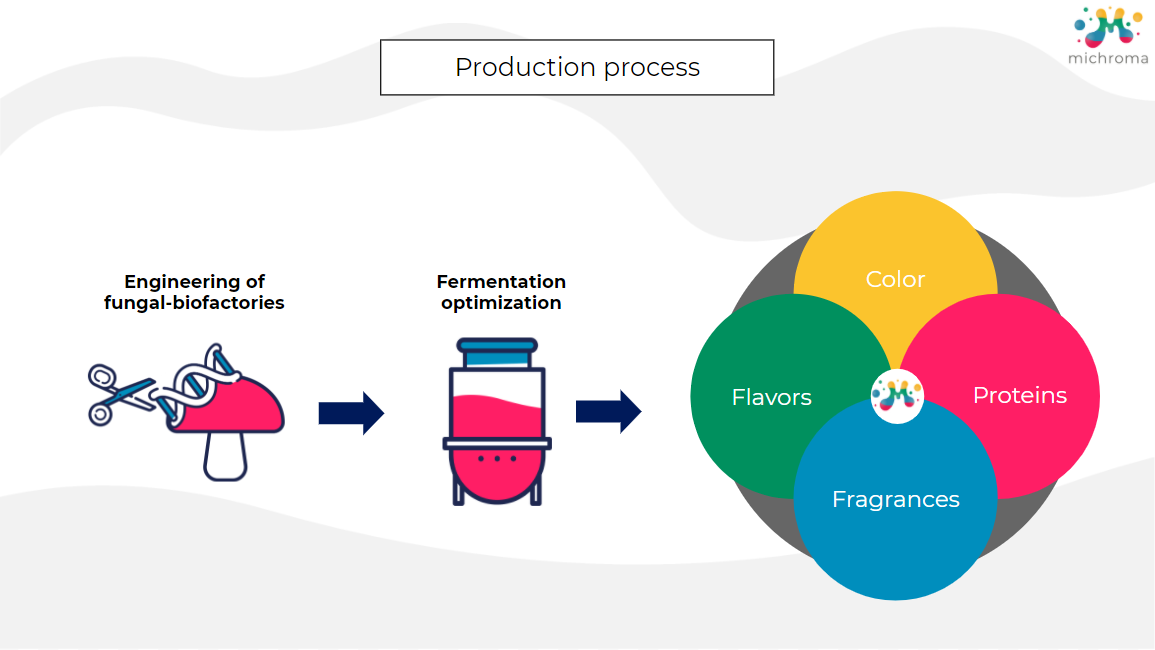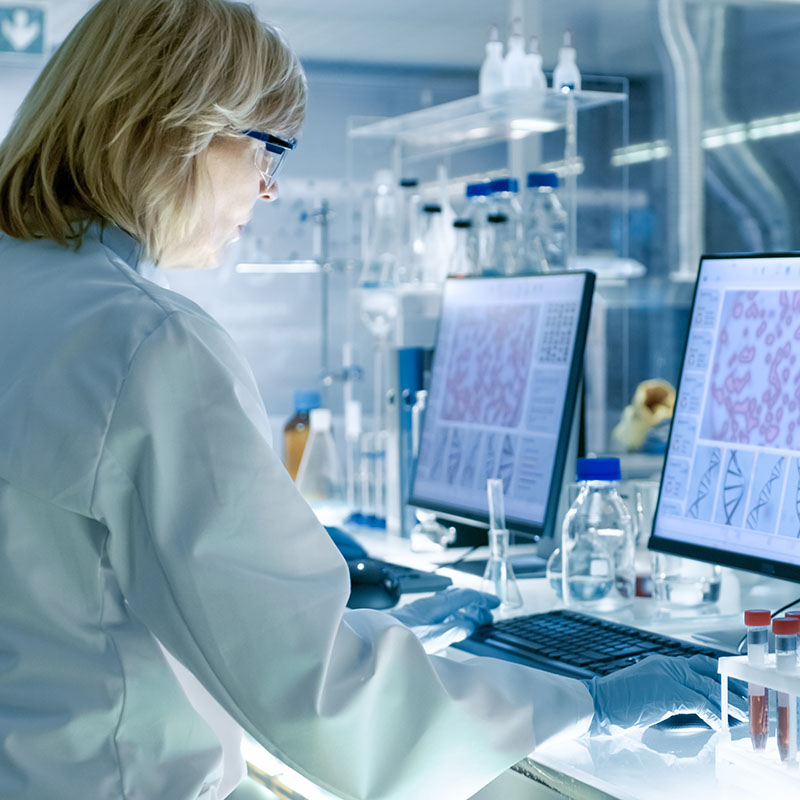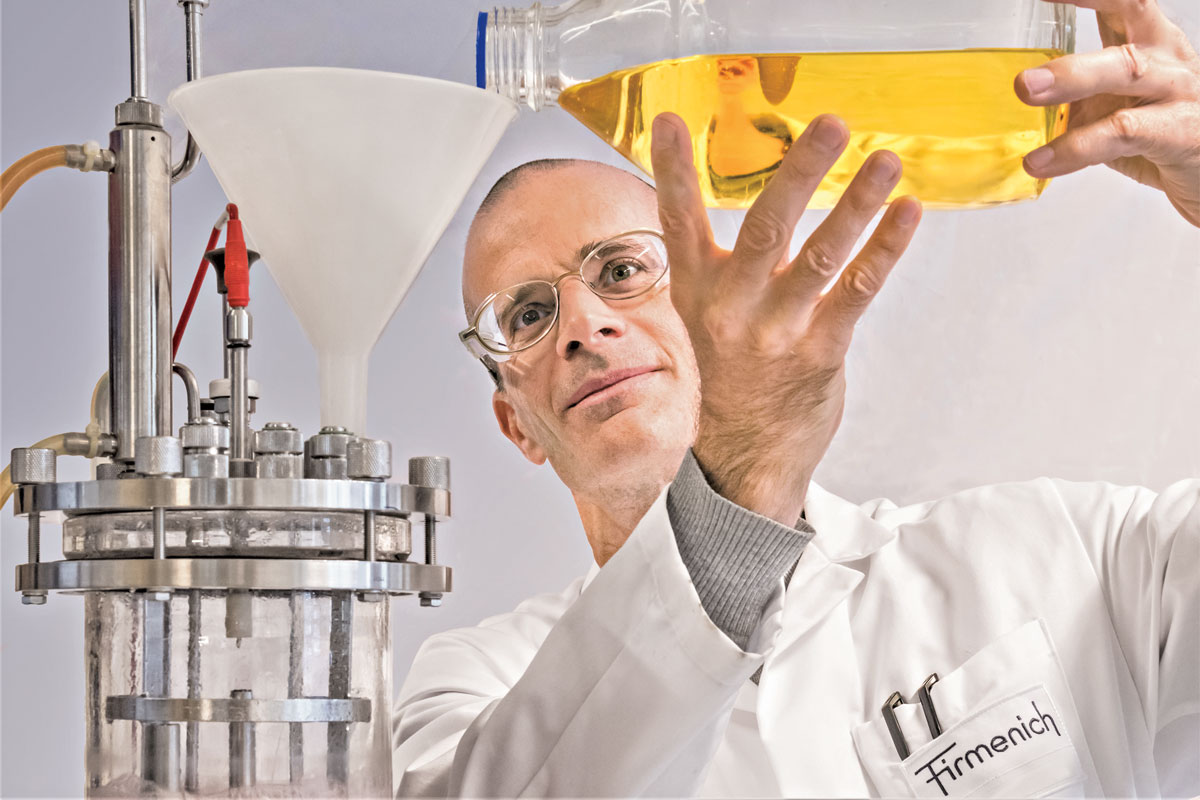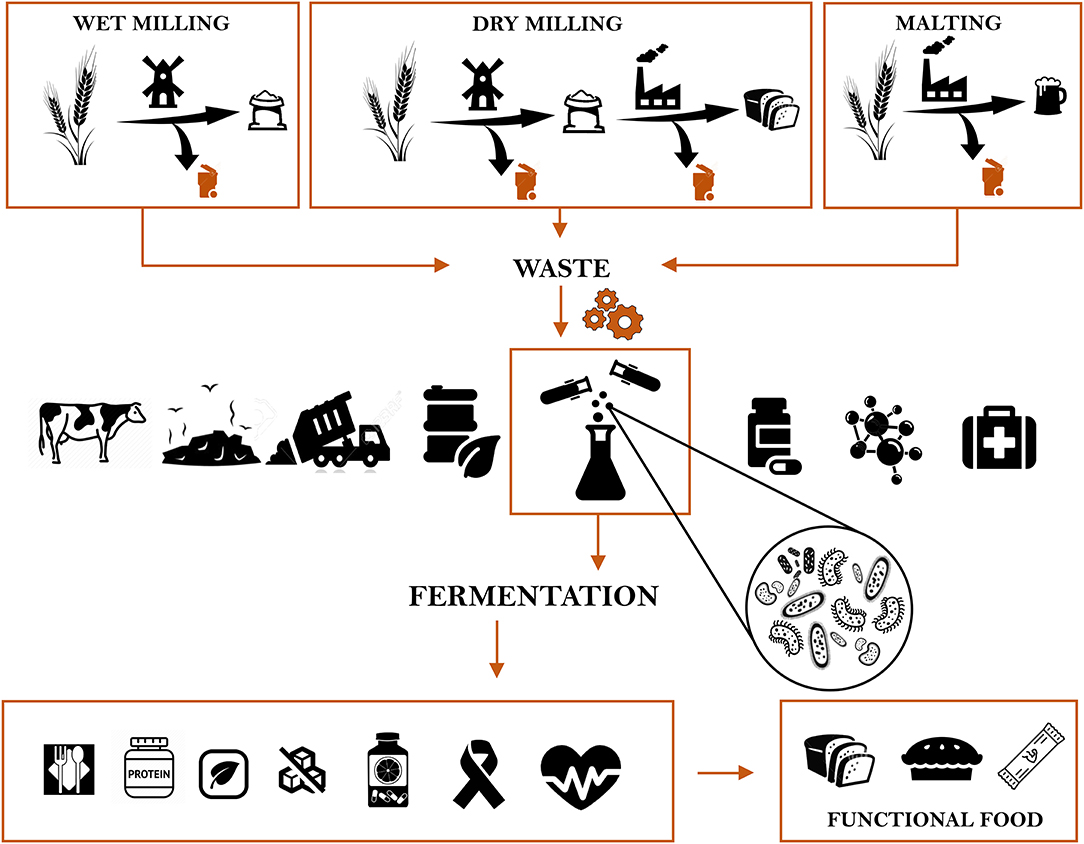Fermentation and Biotechnology: The Future of Food Production

Fermentation has been used for centuries to preserve food, create alcoholic beverages, and enhance the taste of various foods.
However, in recent years, biotechnology has revolutionized the way we think about fermentation.
With the help of modern technology, scientists are now able to manipulate microorganisms to produce a wide range of products that were previously impossible to create.
This article will explore the many ways in which fermentation and biotechnology are changing the food industry.
The Science Behind Fermentation

Fermentation is a natural process that involves the breakdown of complex organic compounds into simpler compounds like alcohol, lactic acid, and acetic acid.
This process is carried out by microorganisms like bacteria, yeast, and fungi.
Natural Occurrence of Fermentation
Fermentation occurs naturally in many foods, like cheese, yogurt, sauerkraut, and pickles.
The microorganisms responsible for fermentation consume sugars and other nutrients present in the food, producing energy and releasing byproducts like carbon dioxide and acids.
Byproducts of Fermentation
The byproducts of fermentation give fermented foods their characteristic tangy flavor and texture.
These byproducts include carbon dioxide and acids like lactic acid and acetic acid.
Fermentation is a process that has been used for centuries to preserve food and enhance its flavor.
The Role of Microorganisms in Fermentation
Microorganisms like bacteria, yeast, and fungi play a crucial role in the fermentation process.
They consume the sugars and other nutrients present in the food, producing energy and releasing byproducts like carbon dioxide and acids.
The type of microorganism present in the food determines the type of fermentation that occurs.
The Benefits of Fermented Foods
Fermentation not only enhances the taste of food but also provides several health benefits.
Some of these benefits include:
Improved Digestion
Fermented foods contain probiotics, which are beneficial bacteria that can improve gut health and aid digestion.
These probiotics help to break down food and promote the growth of healthy gut bacteria, which can reduce symptoms of digestive issues such as bloating, gas, and constipation.
Increase Nutrient Absorption
The process of fermentation breaks down complex molecules into smaller, more easily digestible forms, making it easier for our bodies to absorb essential vitamins and minerals.
This means that consuming fermented foods can help to increase nutrient absorption and improve overall health.
Boost Immune System
Probiotics found in fermented foods have been shown to stimulate the immune system, helping to fight off infections and diseases.
These beneficial bacteria can help reduce inflammation in the body and improve overall immune function, which can lead to a stronger and healthier body.
The Role of Biotechnology in Fermentation

Biotechnology involves using living organisms or their products to improve human health and the environment.
In fermentation, biotechnology is used to manipulate microorganisms in order to produce specific compounds or enhance the efficiency of the fermentation process.
Genetically Modified Yeast Strains
One example of this is genetically modified yeast strains that have been engineered to produce higher levels of ethanol for use in bio-fuels.
According to a study published in the journal Nature Energy, these modified yeast strains can produce up to 20% more ethanol than their non-modified counterparts.
Plant-Based Meat Alternatives
Another example is using bacteria to produce plant-based meat alternatives like Impossible Foods’ burger patties, which are made from a blend of soy protein and fermented yeast.
These meat alternatives have a lower environmental impact than traditional meat production and are becoming increasingly popular among consumers concerned about sustainability.
The Future of Fermentation

As technology continues to advance, scientists are exploring new ways to utilize fermentation and biotechnology to create innovative food products.
Some of the most exciting developments include:
Cultured Meat
Scientists are working on creating lab-grown meat by using animal cells cultured in a nutrient-rich medium.
This could revolutionize the meat industry by providing a more sustainable and ethical source of protein.
Designer Foods
Biotech companies are experimenting with using gene editing techniques like CRISPR to create foods with custom traits like increased nutrition or a longer shelf life.
Did you know that CRISPR stands for Clustered Regularly Inter-spaced Short Palindromic Repeats?
Fermented Beverages
With the rise of craft beer and kombucha, there is growing interest in using fermentation to create unique and flavorful beverages.
The Benefits of Biotechnology in Food Production

Biotechnology has many applications beyond fermentation in the food industry.
Some of the benefits of biotechnology in food production include:
Increase Crop Yields
Genetically modified crops can be engineered to resist pests and diseases, leading to higher yields and less waste.
This means that farmers can produce more food with less land, water, and other resources.
In addition, genetically modified crops can be designed to grow in harsher environments, such as drought-prone regions, further increasing crop yields.
Improved Nutritional Content
By manipulating the genes of plants, researchers can increase the amount of essential nutrients like vitamins and minerals.
For example, genetically modified rice has been developed to contain higher levels of vitamin A, which can help prevent blindness in children in developing countries.
This can have a significant impact on public health, particularly in areas where malnutrition is a major problem.
“Genetically modified rice has been developed to contain higher levels of vitamin A, which can help prevent blindness in children in developing countries.”
Safer Food Supply
Biotechnology can be used to detect and prevent food-borne illnesses, reducing the risk of outbreaks and improving food safety.
For example, scientists can use genetic testing to identify harmful bacteria in food products, allowing them to be recalled before they cause illness.
In addition, biotechnology can be used to develop new methods of food preservation, such as using bacteriophages to kill harmful bacteria in food without the use of chemicals.
“Scientists can use genetic testing to identify harmful bacteria in food products, allowing them to be recalled before they cause illness.”
The Controversy Surrounding Biotechnology in Food Production

Despite its many benefits, biotechnology in food production is not without controversy.
Some people are concerned about the potential risks associated with genetically modified organisms (GMOs).
Environmental Impact
GMO crops may have unintended consequences for ecosystems and biodiversity.
The introduction of genetically modified crops could lead to the extinction of certain species or the proliferation of others, which could have a negative impact on the environment.
Health Concerns
There is some concern that consuming GMO foods could lead to health problems like allergies or antibiotic resistance.
While there is no conclusive evidence to support these claims, some people believe that GMOs could have negative health effects in the long term.
Ethical Considerations
Some argue that manipulating the genes of plants and animals is unethical and goes against natural processes.
They believe that humans should not interfere with the natural order of things and that GMOs are a violation of this principle.
“The introduction of genetically modified crops could lead to unintended consequences on ecosystems and biodiversity.”
“While there is no conclusive evidence to support health concerns related to GMOs, some people believe that GMOs could have negative health effects in the long term.”
“Some argue that manipulating the genes of plants and animals is unethical and goes against natural processes.”
The Future of Food Production
As technology continues to advance, it is likely that we will see more innovative uses of fermentation and biotechnology in food production.
From lab-grown meat to gene-edited crops, there is no telling what the future holds for the food industry.
However, it is important to consider the potential risks and ethical implications of these technologies as we move forward.
By balancing innovation with caution, we can create a safer, more sustainable food supply for generations to come.
